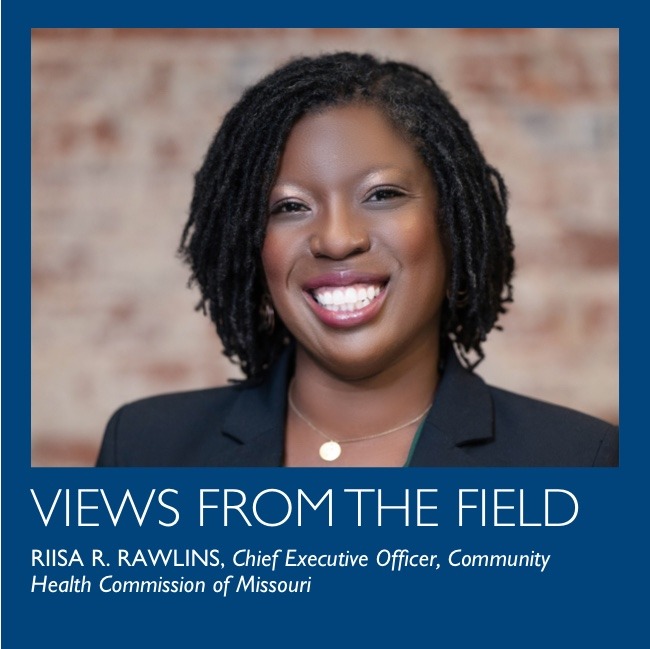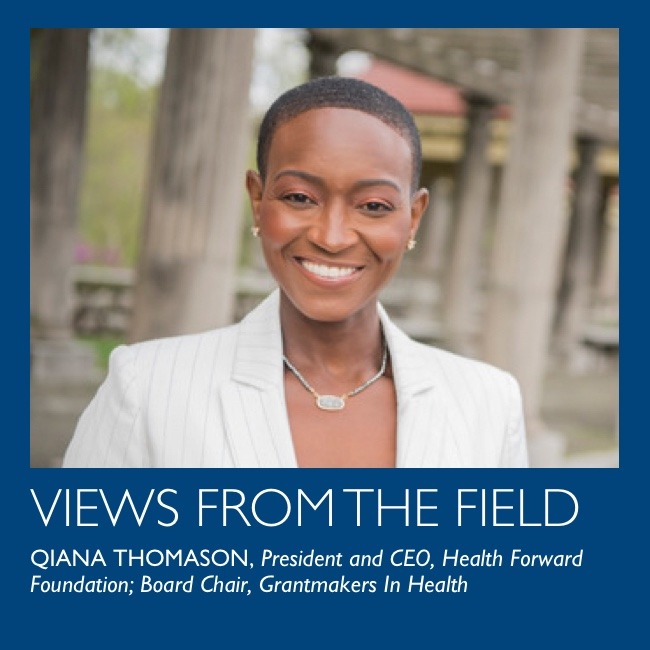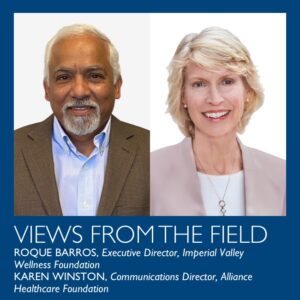Power to the People: Advancing Impact Through Participatory Budgeting
Who is best positioned to determine how health funding should be allocated? At the Community Health Commission of Missouri (CHCM), we believe the answer is clear: the people most affected by health disparities.
How Pew Is Learning to Improve Health Policy
Antibiotics revolutionized medical treatment and are a cornerstone of modern health care. However, the global rise of antibiotic-resistant bacteria is making infections costlier and deadlier. After a 2008 report commissioned by The Pew Charitable Trusts highlighted these concerns, the organization invested in multiple projects to set limits on the use of antibiotics and to spur the development of new drugs.
Day 2 – Learning from Philanthropy’s Courageous Leaders
On Day 2 of the GIH Annual Conference on Health Philanthropy, the sun emerged and highlighted Portland’s natural beauty. Attendees kicked off this warm summer day with a power walk, networking breakfasts, breakout sessions, and quick takes before the annual Terrance Keenan and Andy Hyman Awards Plenary Luncheon, which honored two incredible leaders in health philanthropy and equity.
Day 1 – Advancing a Movement for Health Equity
Today we welcomed over 600 attendees to our biggest and boldest Grantmakers In Health (GIH) Annual Conference on Health Philanthropy! The conference officially launched with on-site and off-site experiences to introduce attendees to Portland, community organizations, and local health initiatives. GIH Board members and staff warmly welcomed conference newcomers and left them with advice applicable to all attendees: Don’t hesitate to meet new people at the conference. These connections and shared ideas will outlast your time in Portland and advance a movement for health equity.
Preconference – Welcome to the 2024 GIH Conference on Health Philanthropy!
The 2024 Grantmakers In Health Conference on Health Philanthropy, Bold Results Through Courageous Action, launched in Portland, Oregon today, Monday, June 3, 2024, with three engaging pre-conference sessions.
Expanding Youth Mental Health in Philadelphia Schools
Youth in the United States are in crisis. Rates of depression and anxiety in children have been on the rise, the result of factors like social media, pandemic related issues like isolation, and trauma from gun violence and poverty. Between 2016 and 2020, diagnoses of depression in youth ages 3-17 increased by nearly 30 percent and were higher for children of color and LGBTQ children according to a 2022 study by the Agency for Healthcare Research and Quality.









